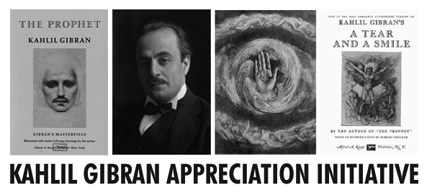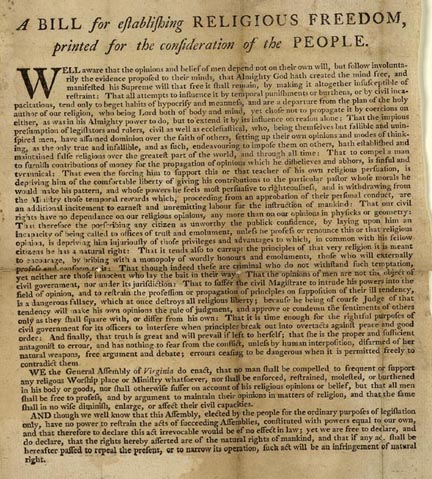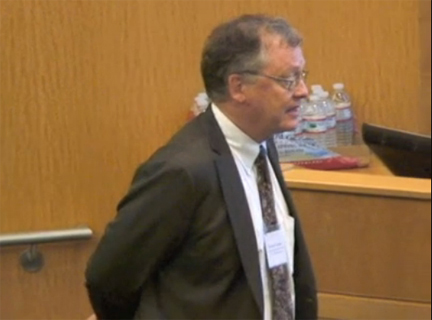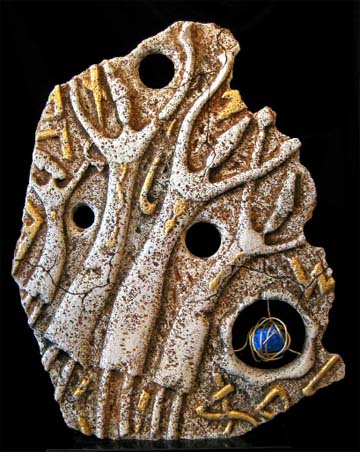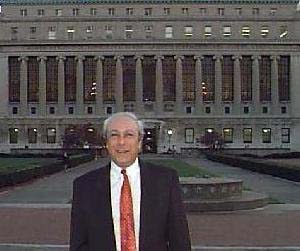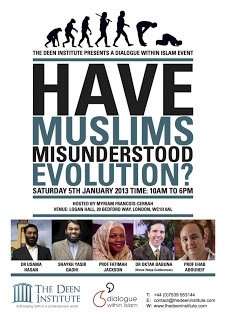
The importance of Evolution and Islam debate in London
by Salman Hameed, Irtiqa’, January 7, 2013
I’m now back in US and I’m glad that I had a chance to attend the London debate, Have Muslims Misunderstood Evolution? It was organized by The Deen Institute and I posted some quick thoughts on Saturday.
You can find a good summary of each speaker’s presentation at Farrukh’s blog.
Here are a few reasons why I think the London debate on evolution and Islam may turn out be a game-changer in the way Muslims look at evolutionary biology, and science, in general.
This was an intra-faith debate. There is no question that the topic was controversial. However, the conversation on evolution often gets derailed by common misconceptions and juvenile creationist ideas. The debate would have been a failure, had it been simply between biologists and those who follow Harun Yahya. There is no common ground – as Yahya’s group has no understanding of science.
The reason for the success of the debate was that almost all of the speakers (with the exception of Harun Yahya acolyte, Oktar Babuna) accepted the scientific consensus on evolution. Then the question became: Can Muslims reconcile human evolution with their faith? Now this is an important question.
Here are a few take-aways from the London debate: Continue reading Have Muslims Misunderstood Evolution

